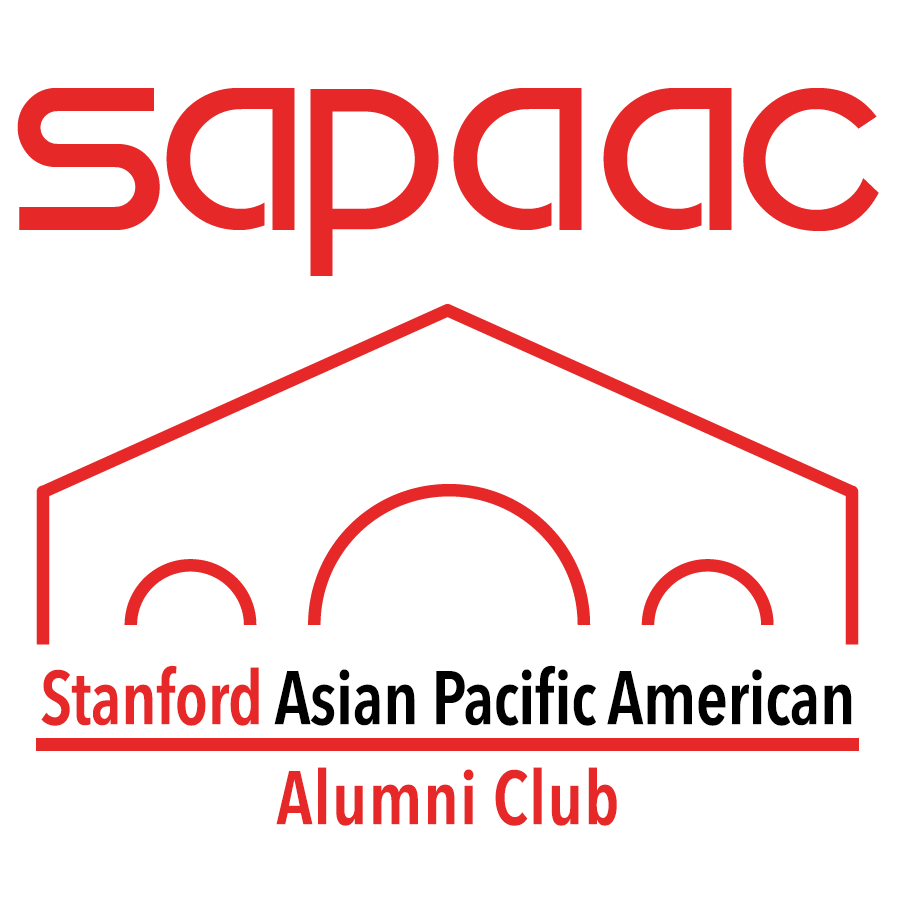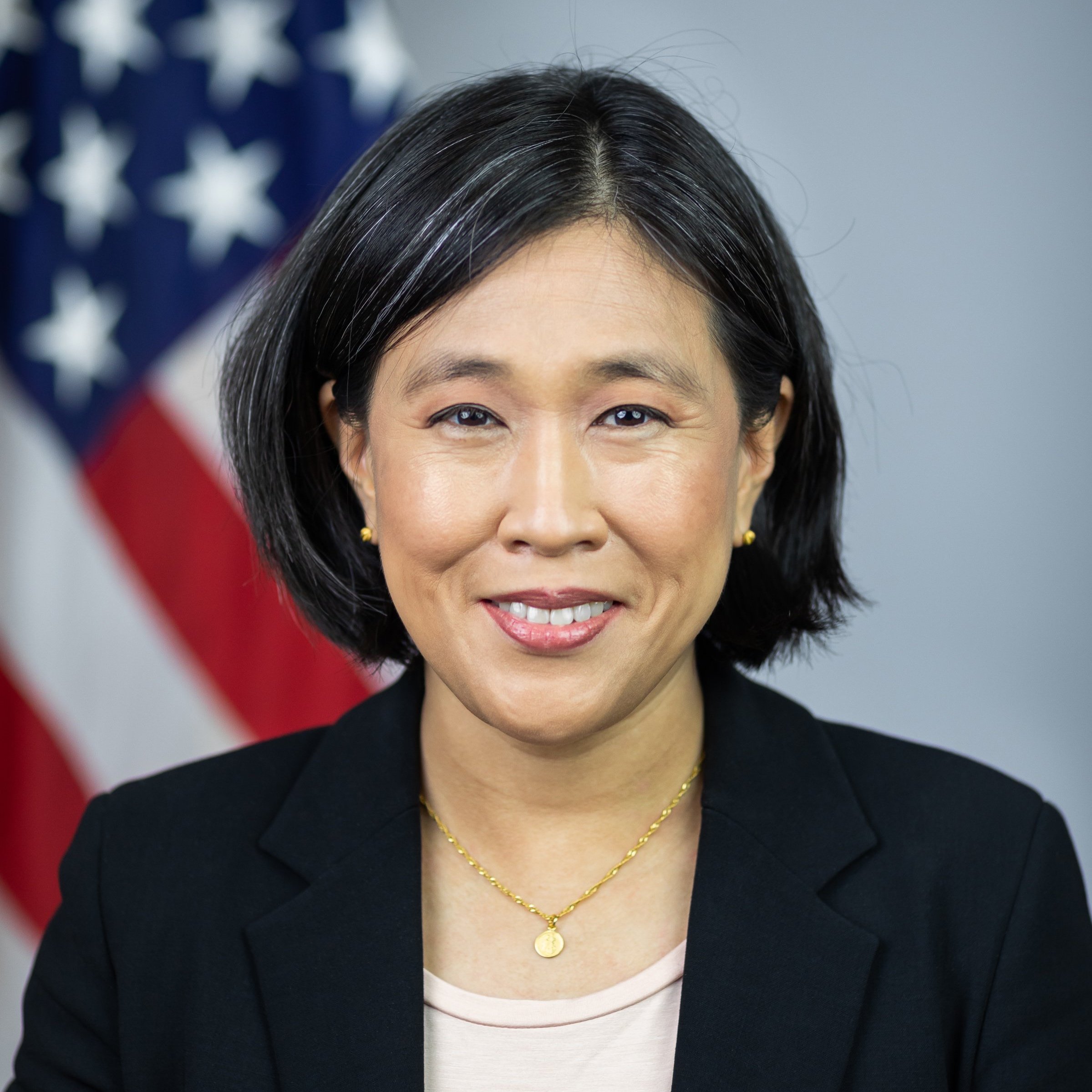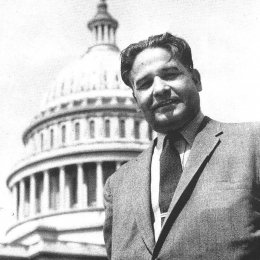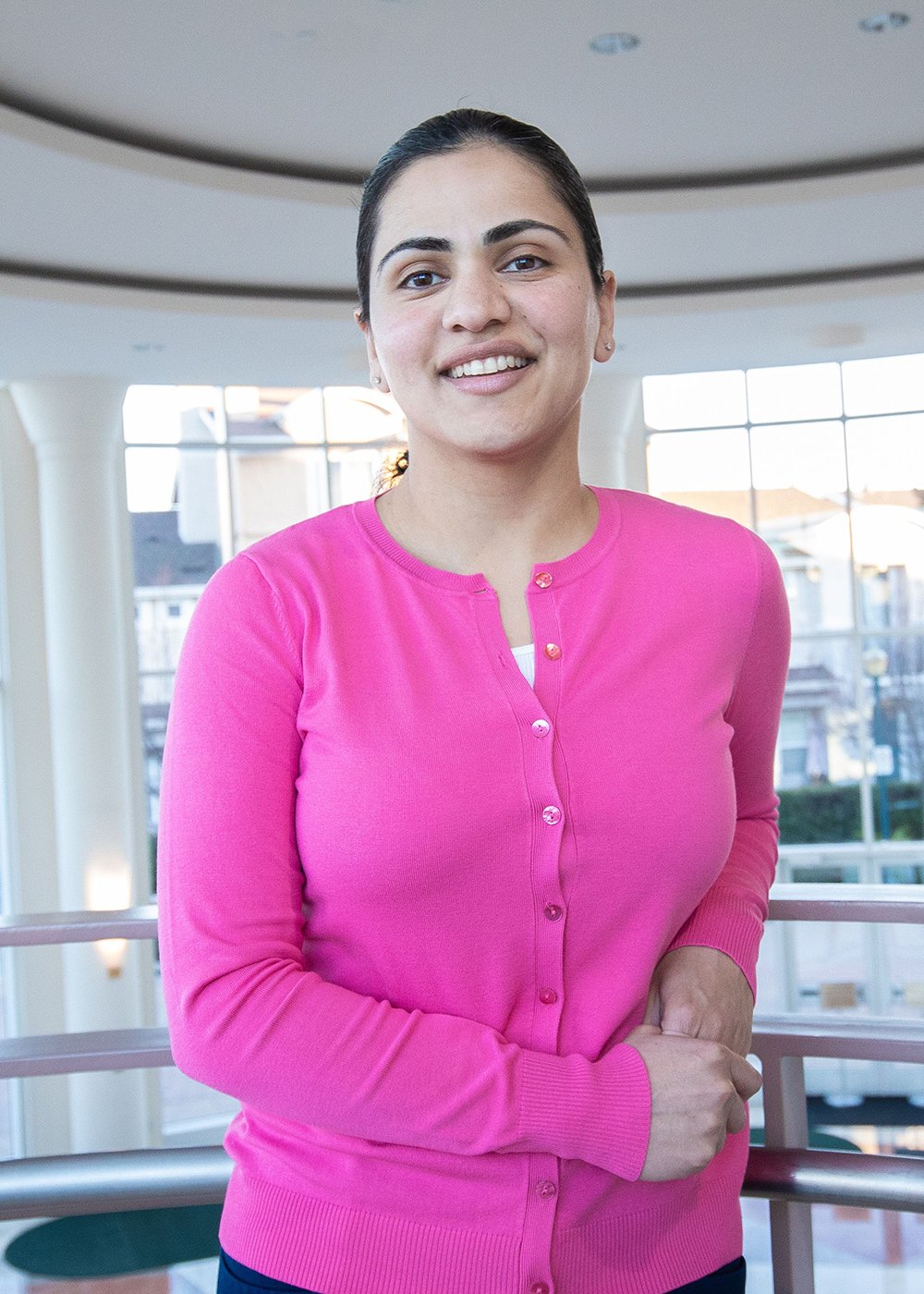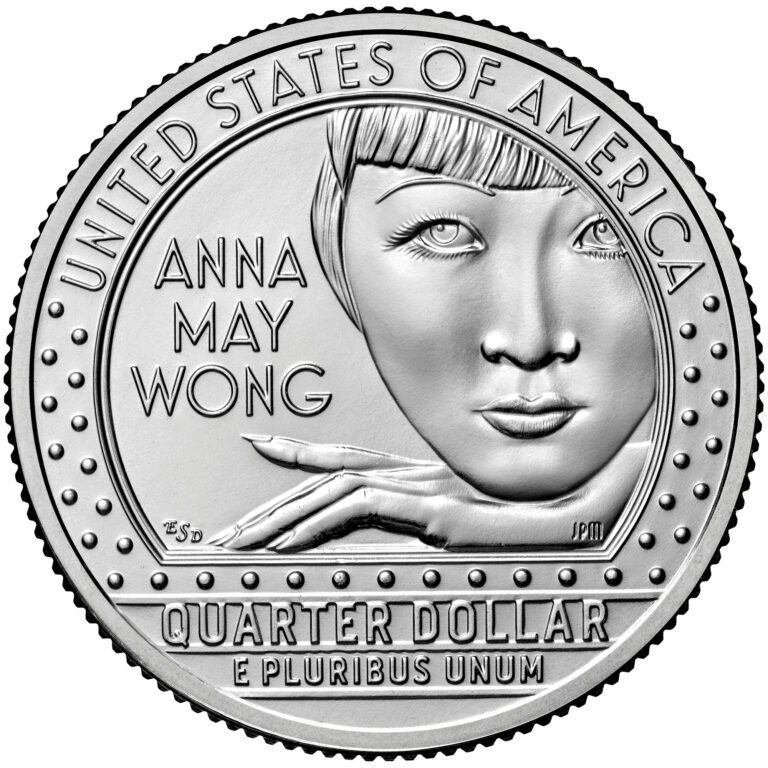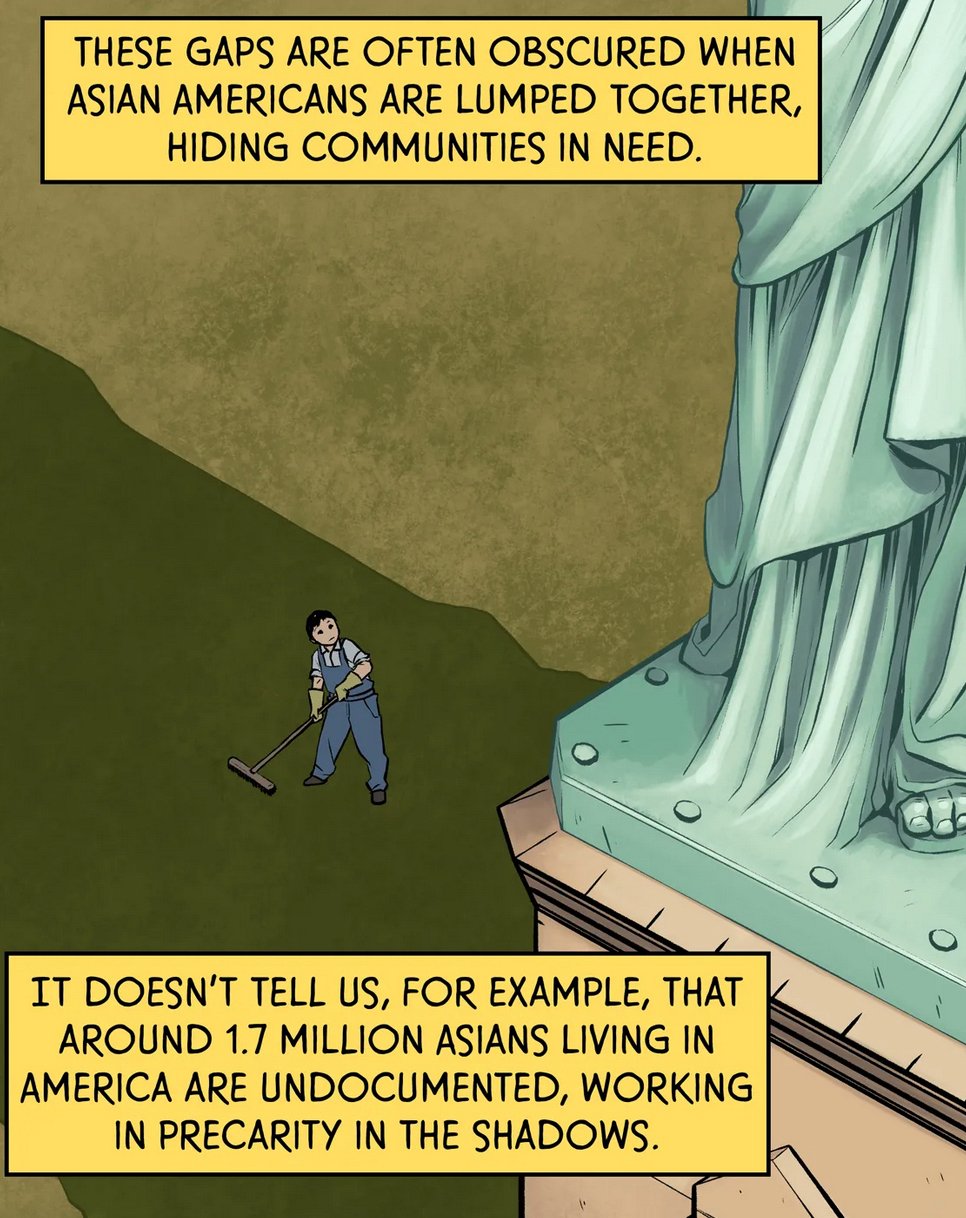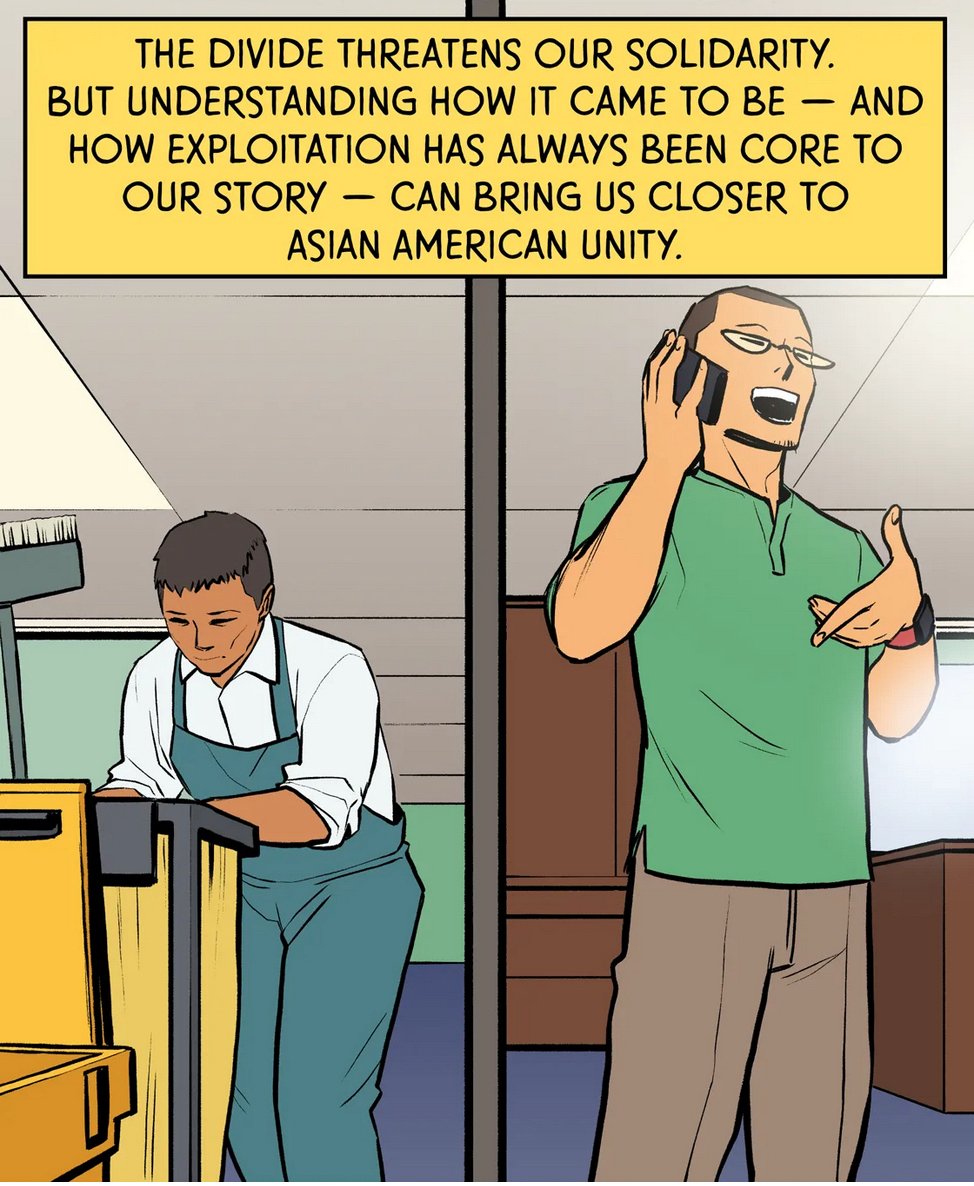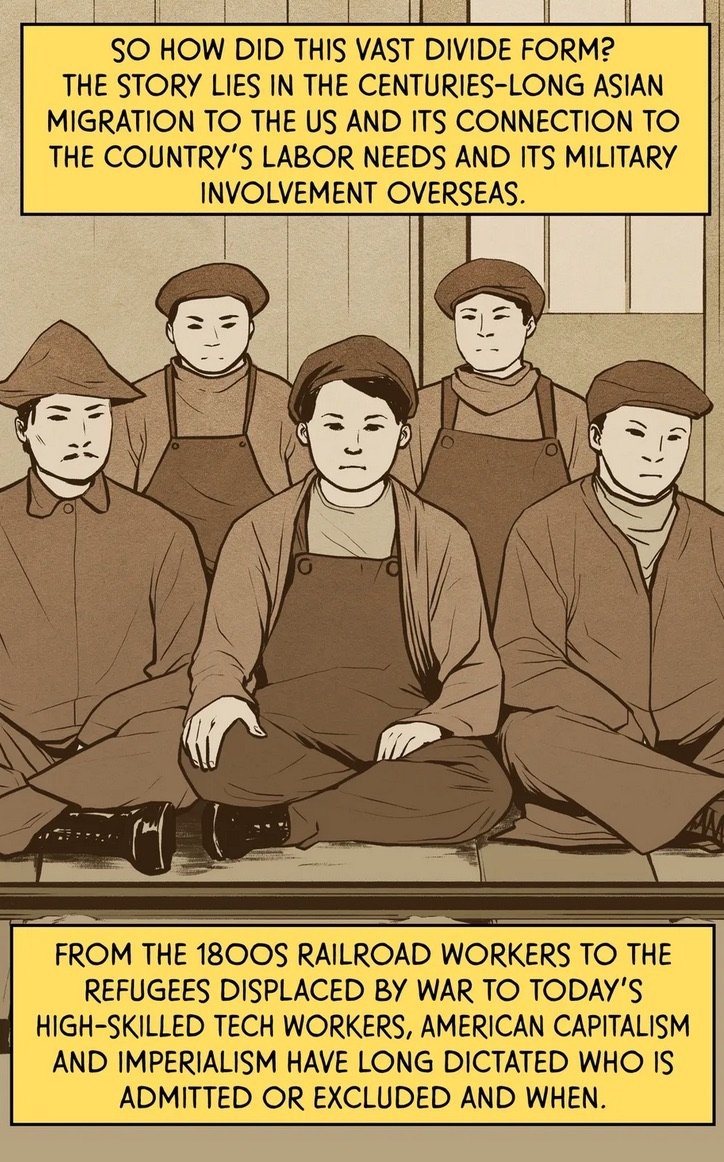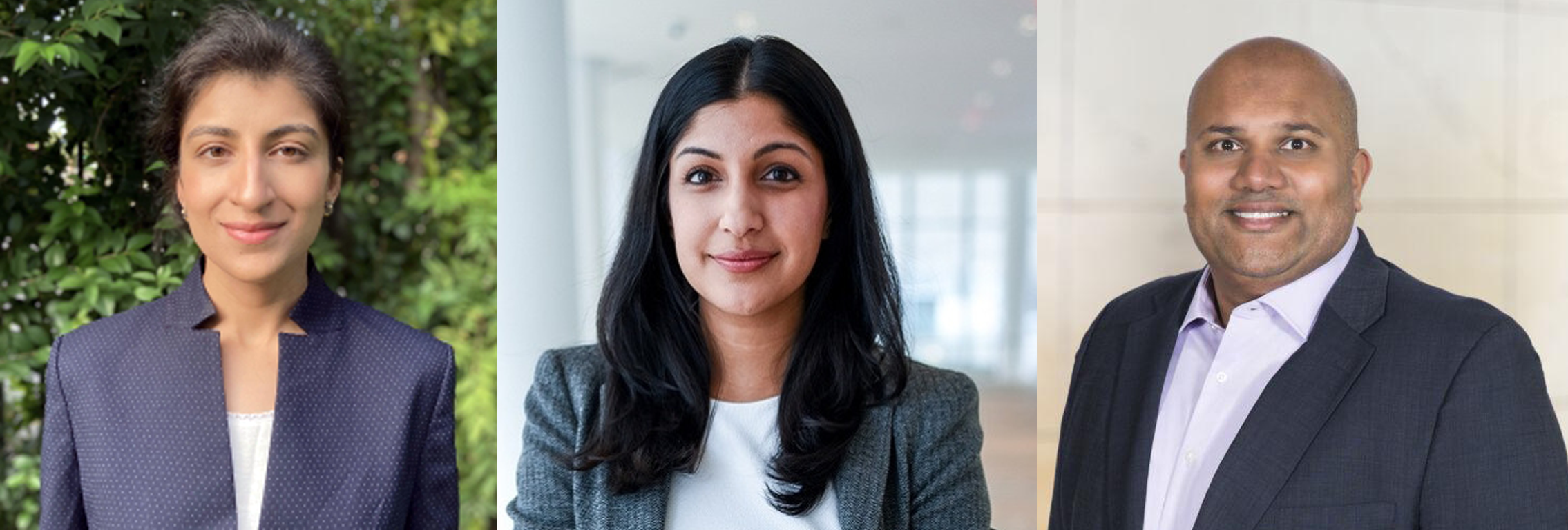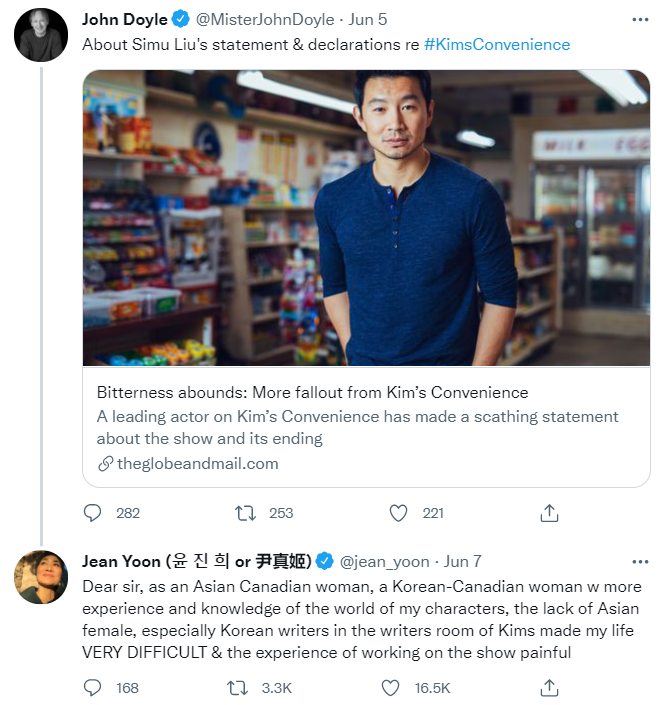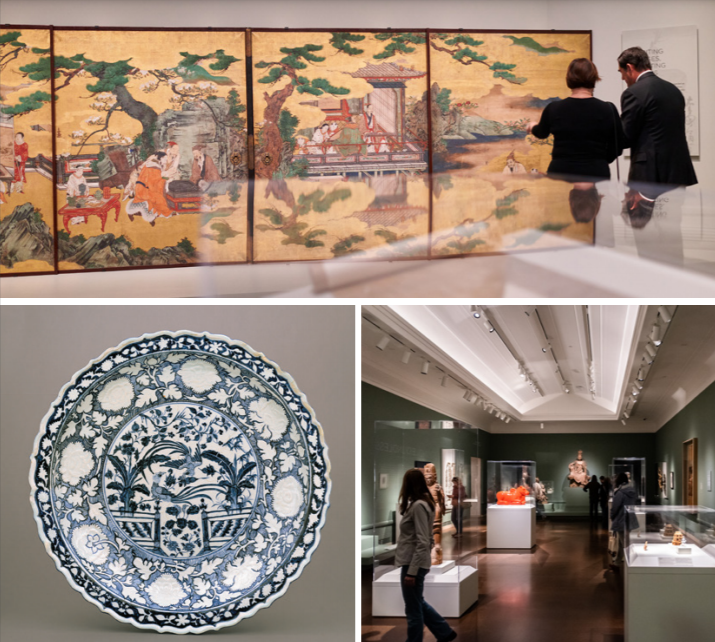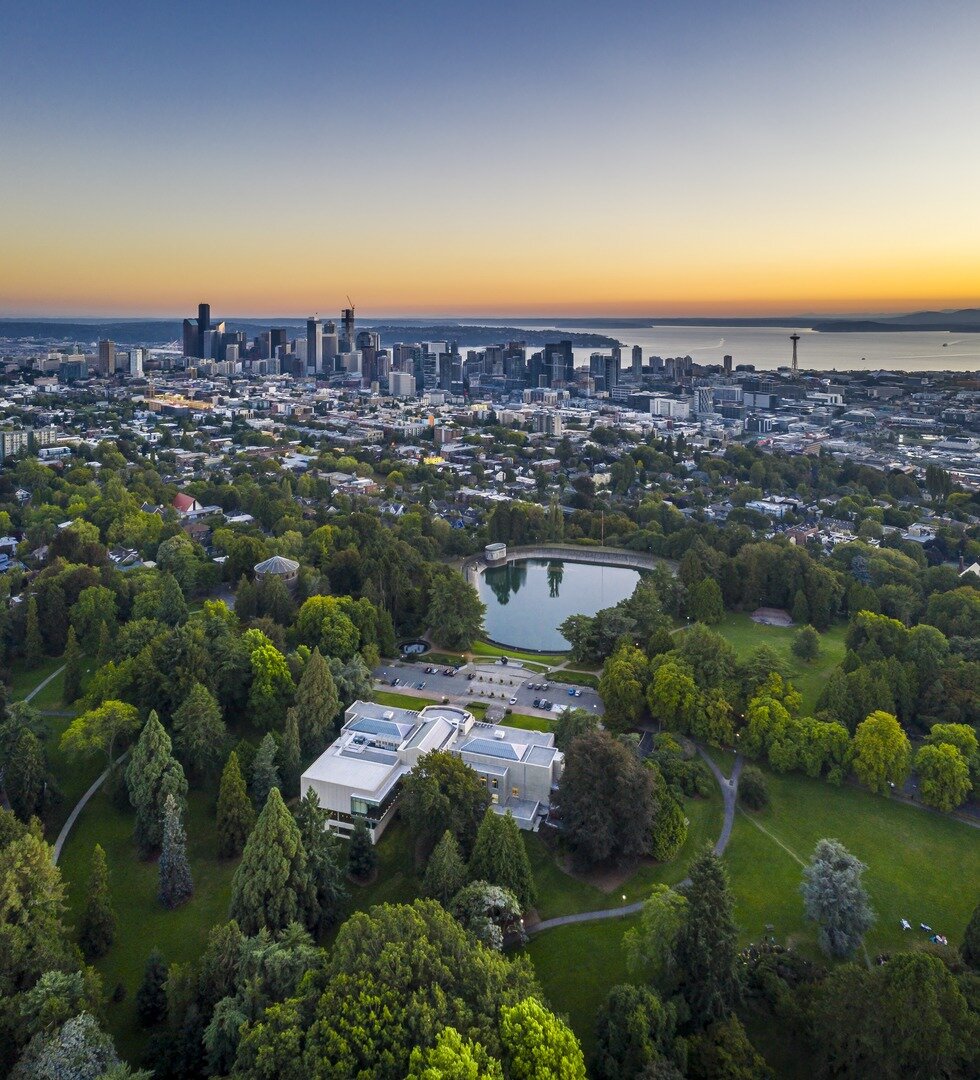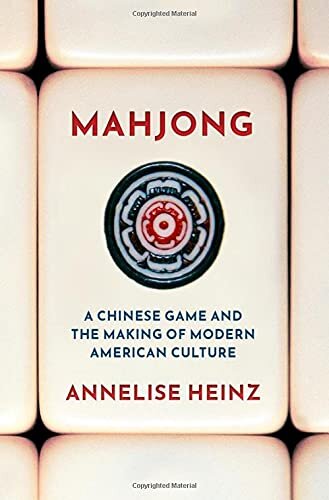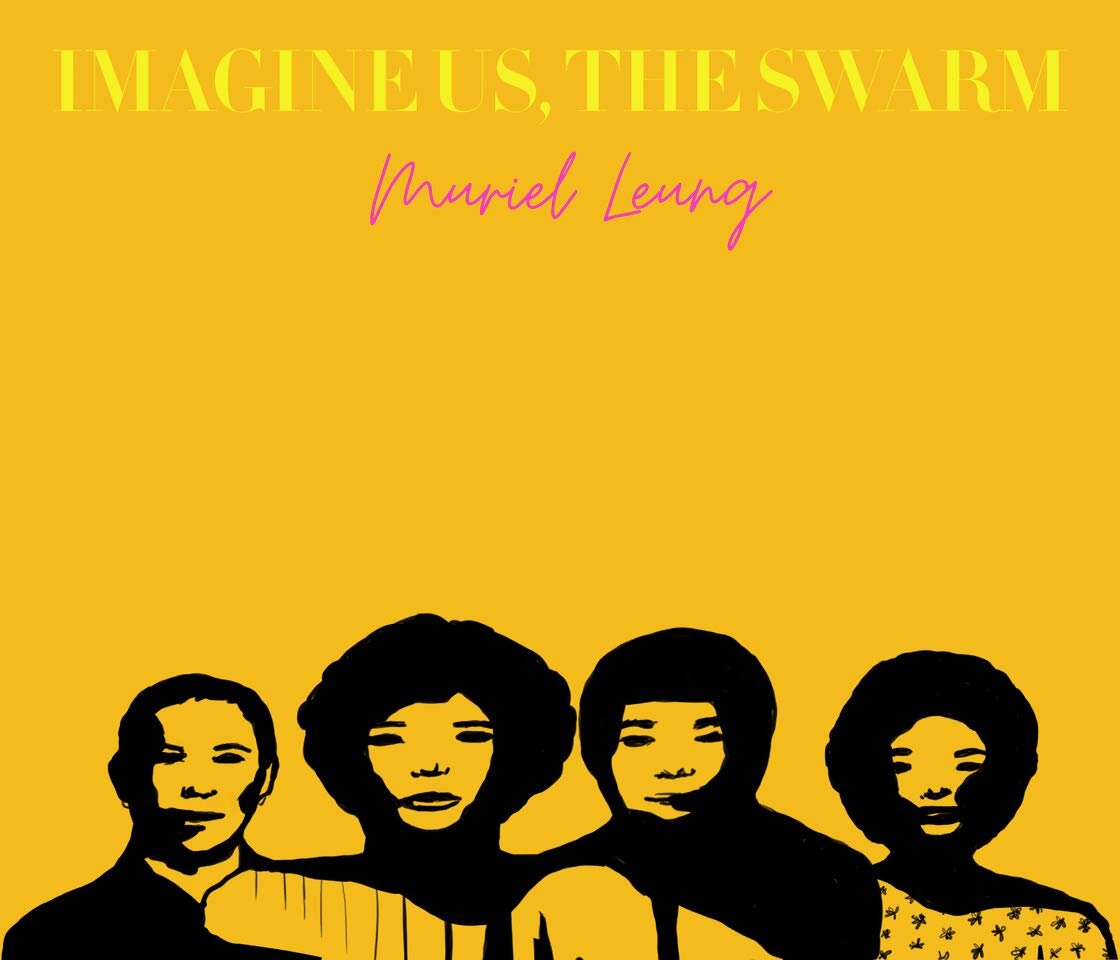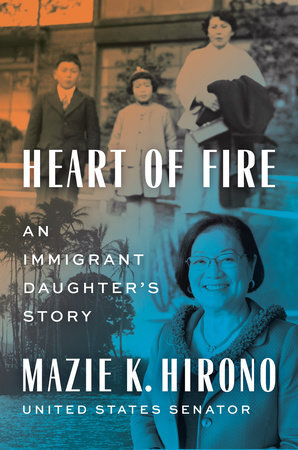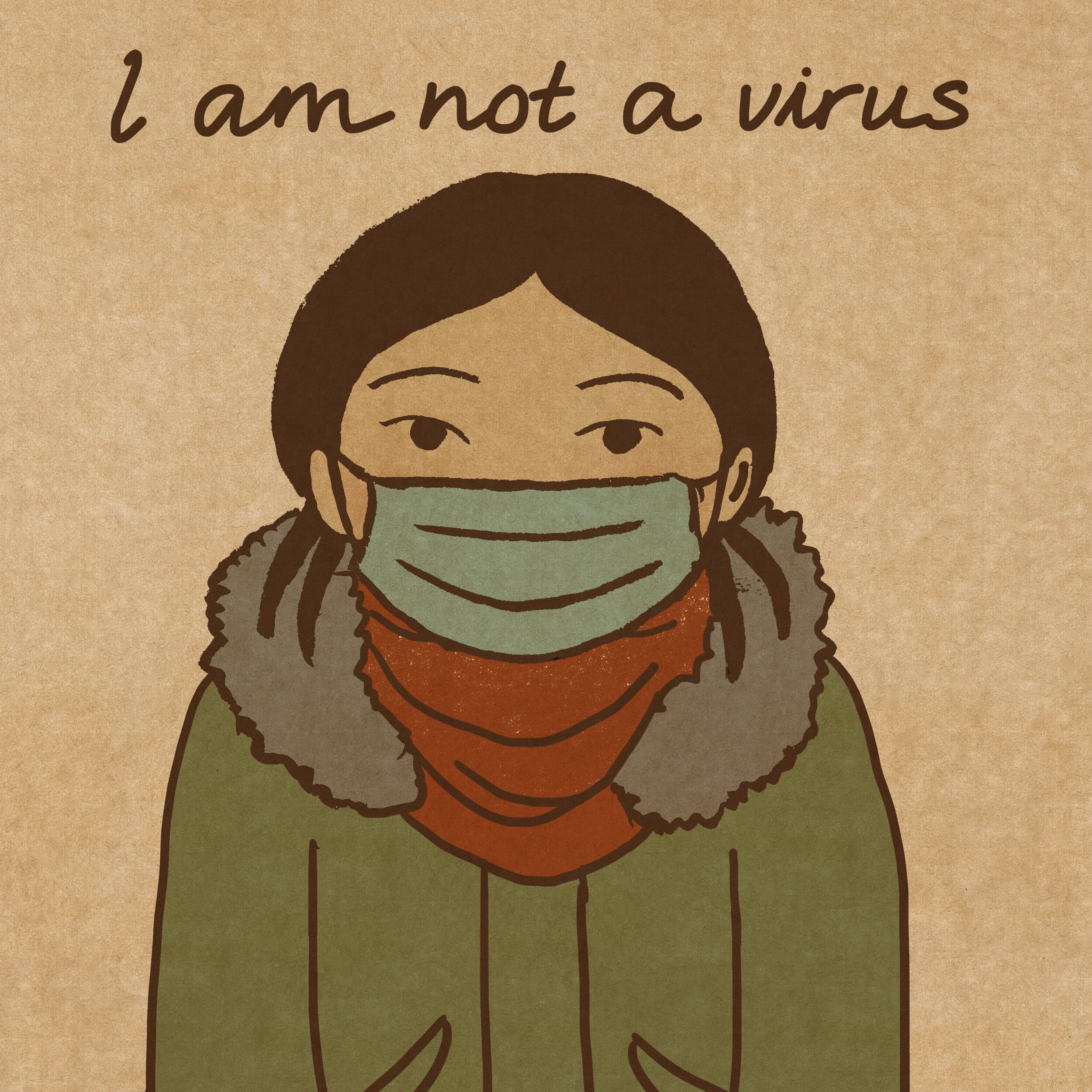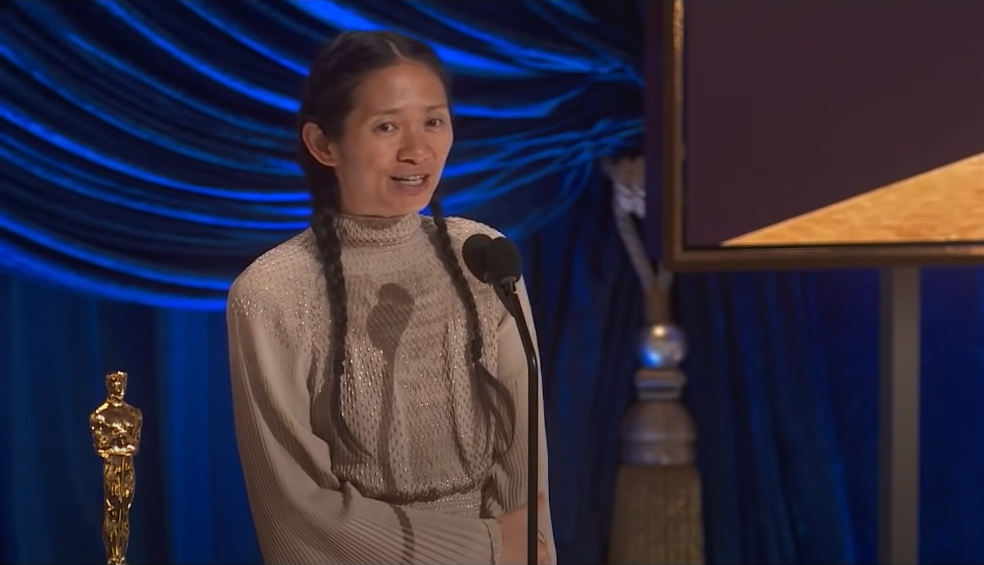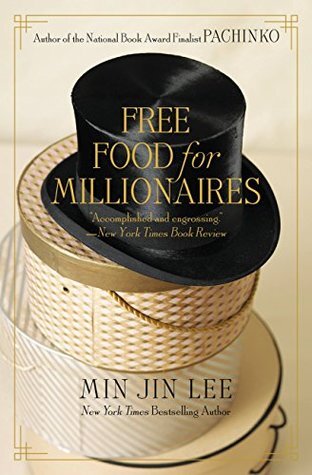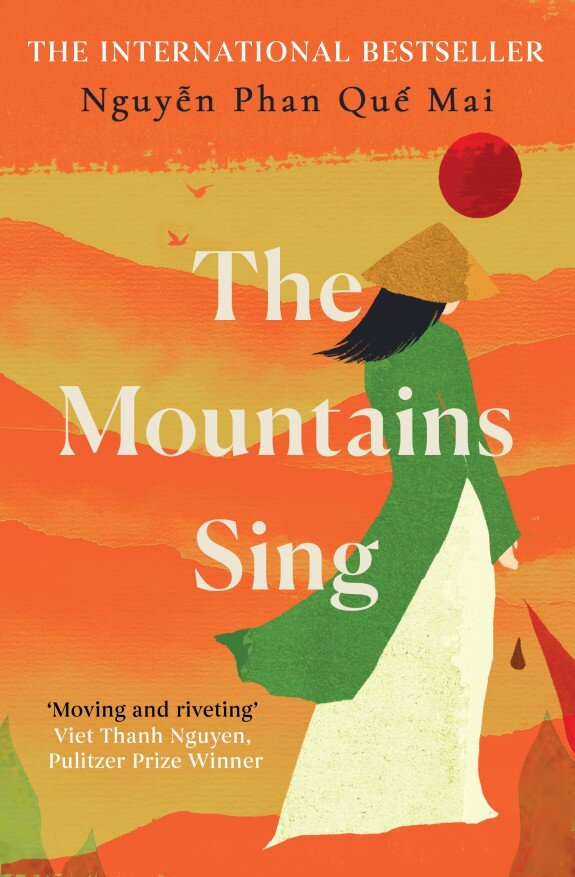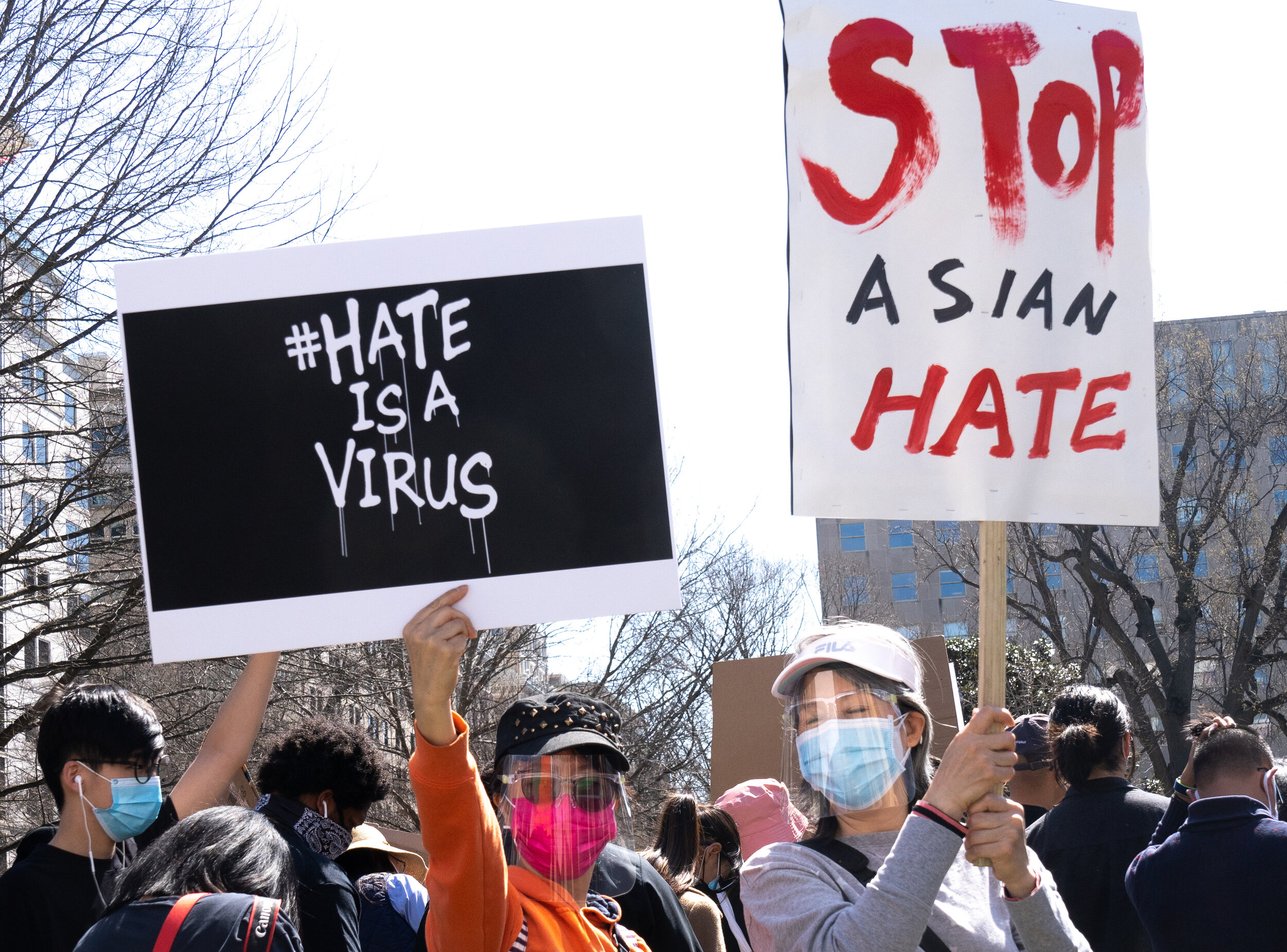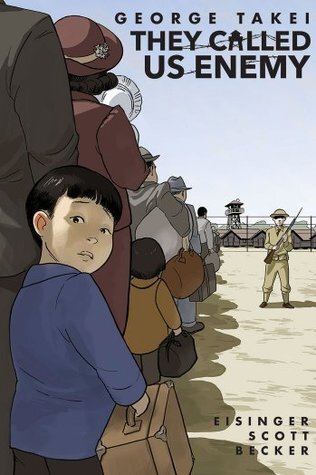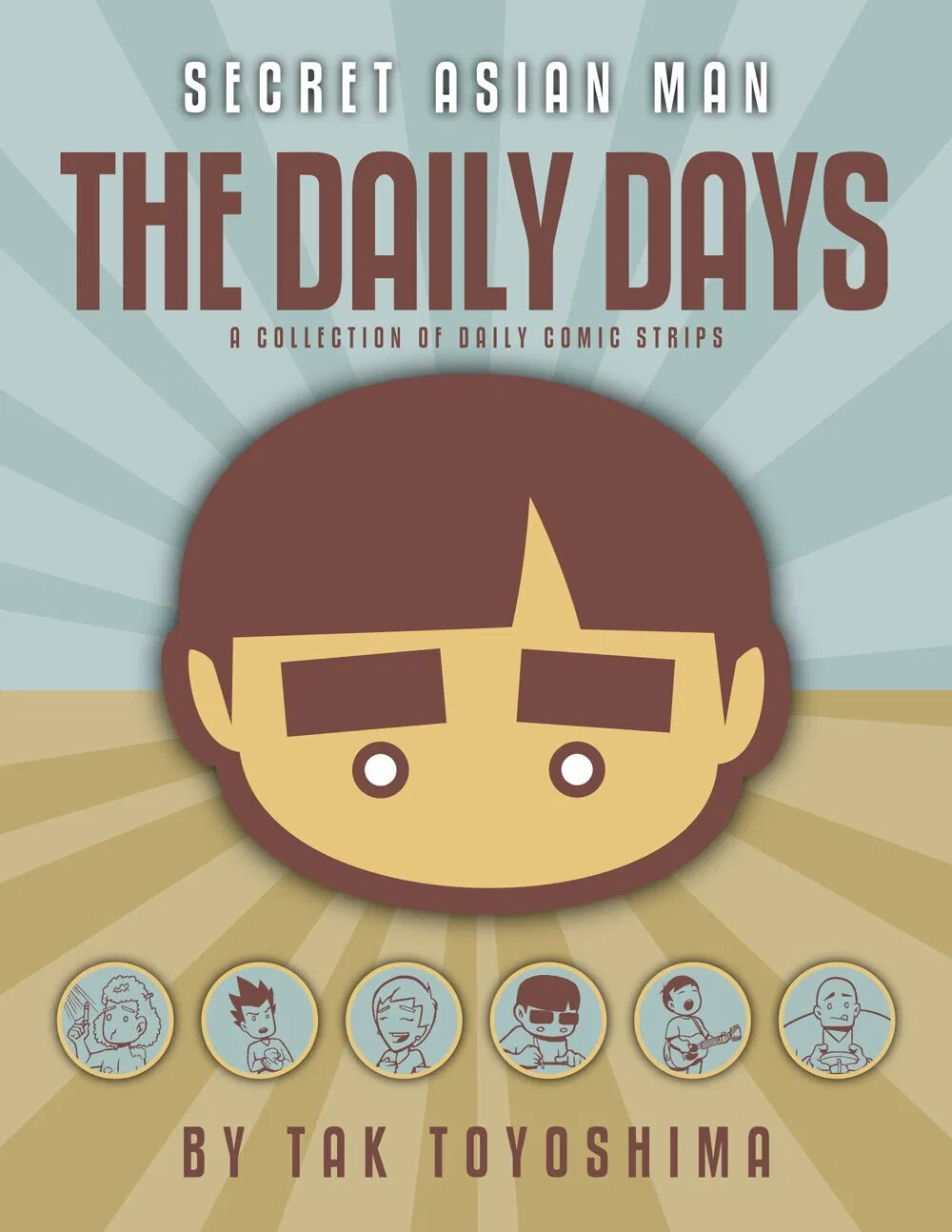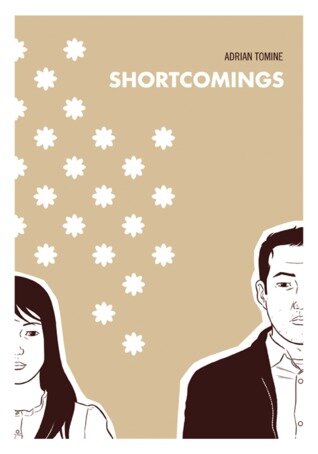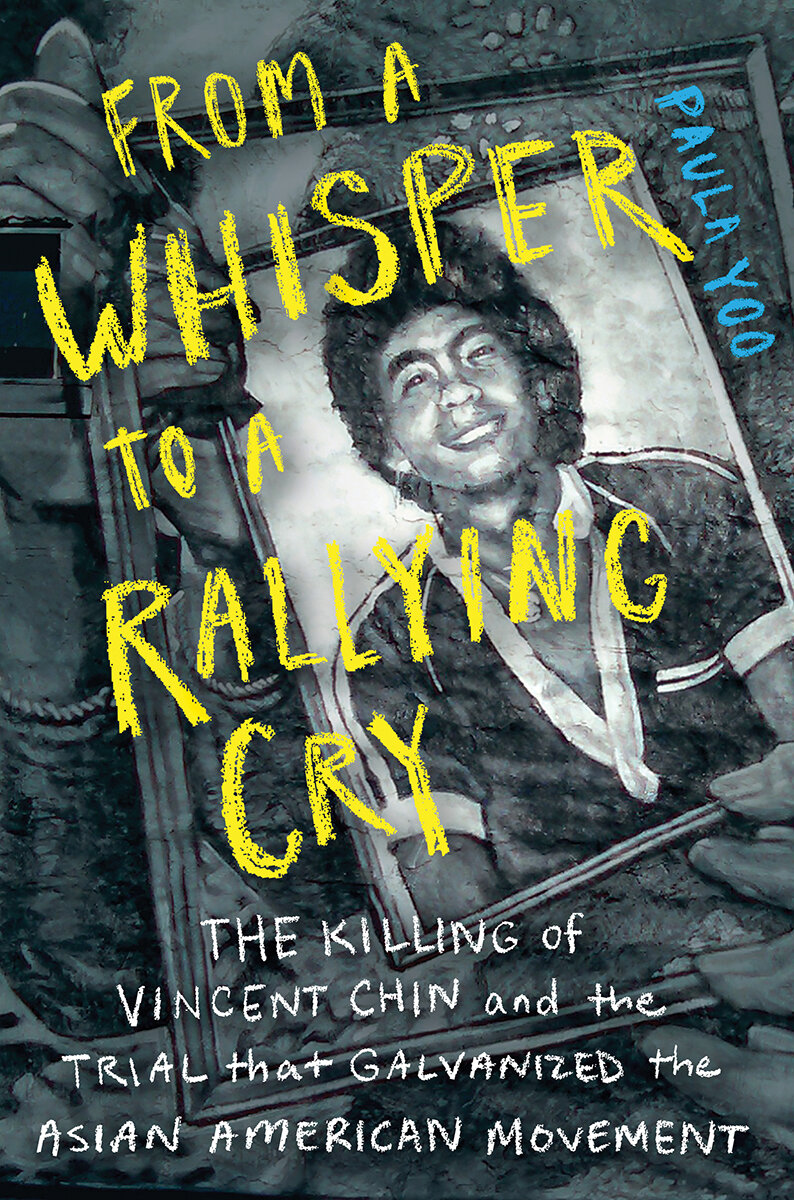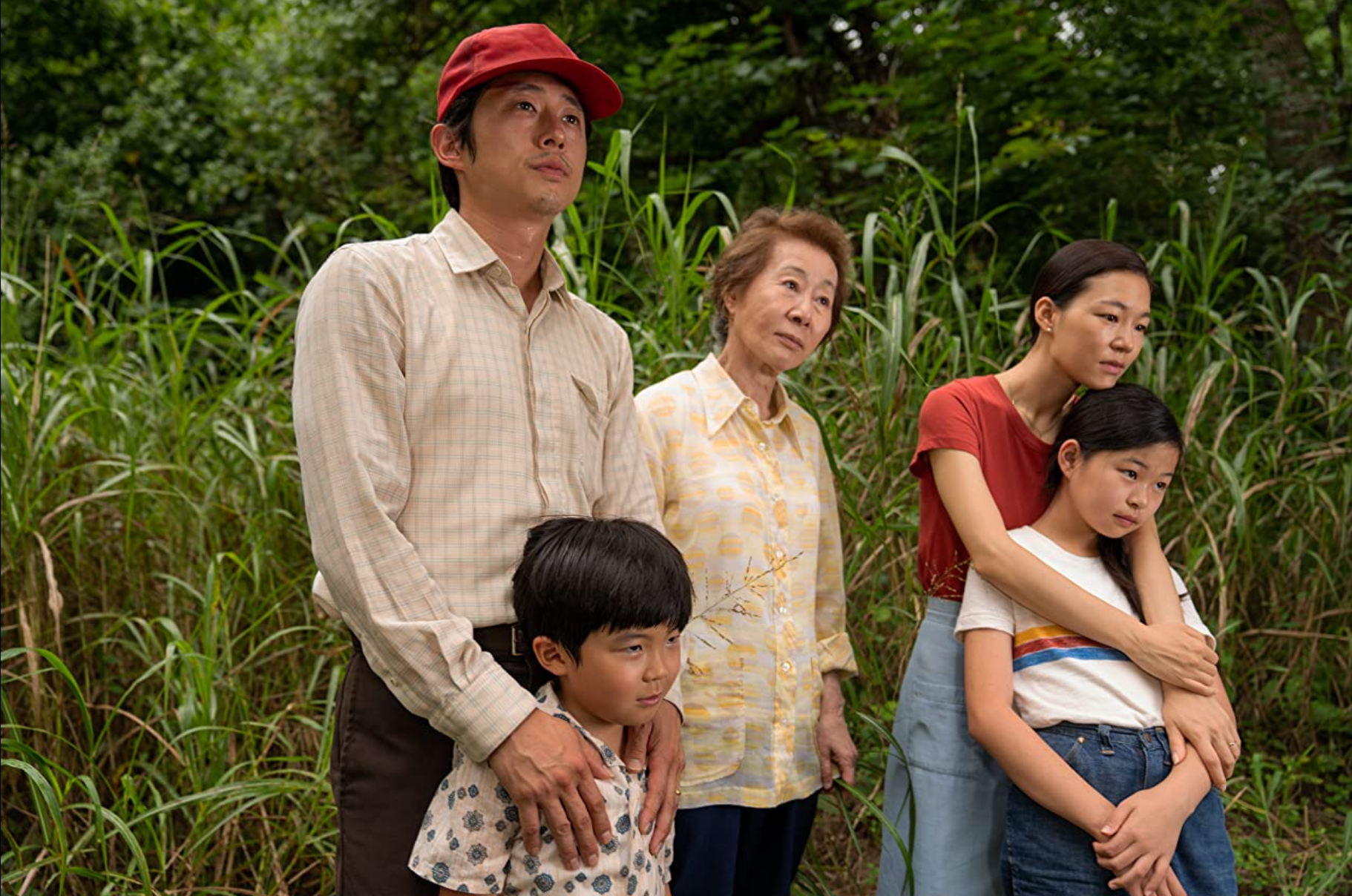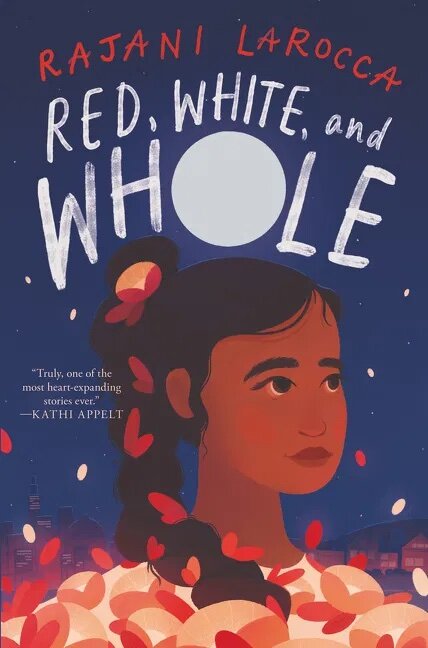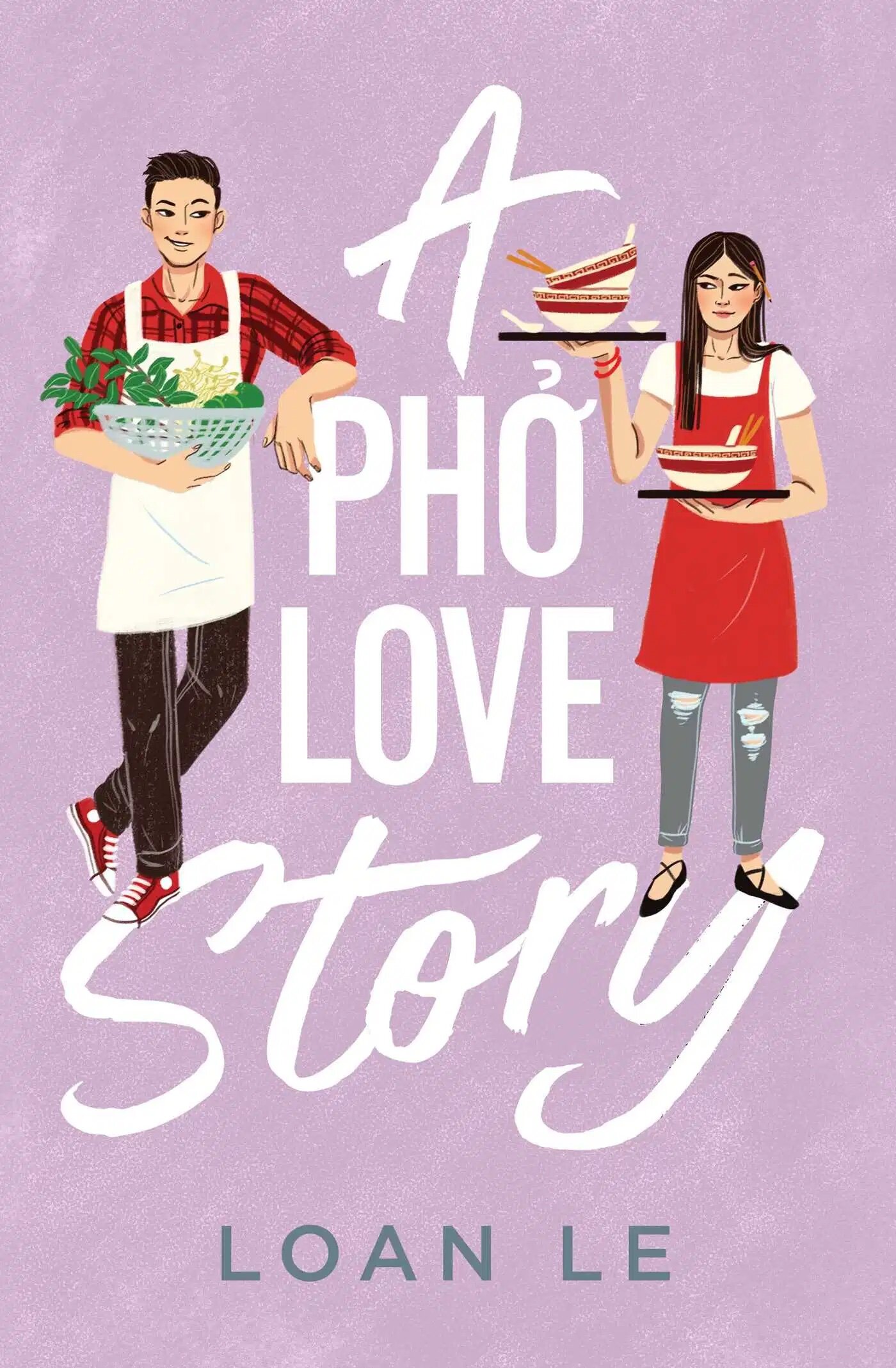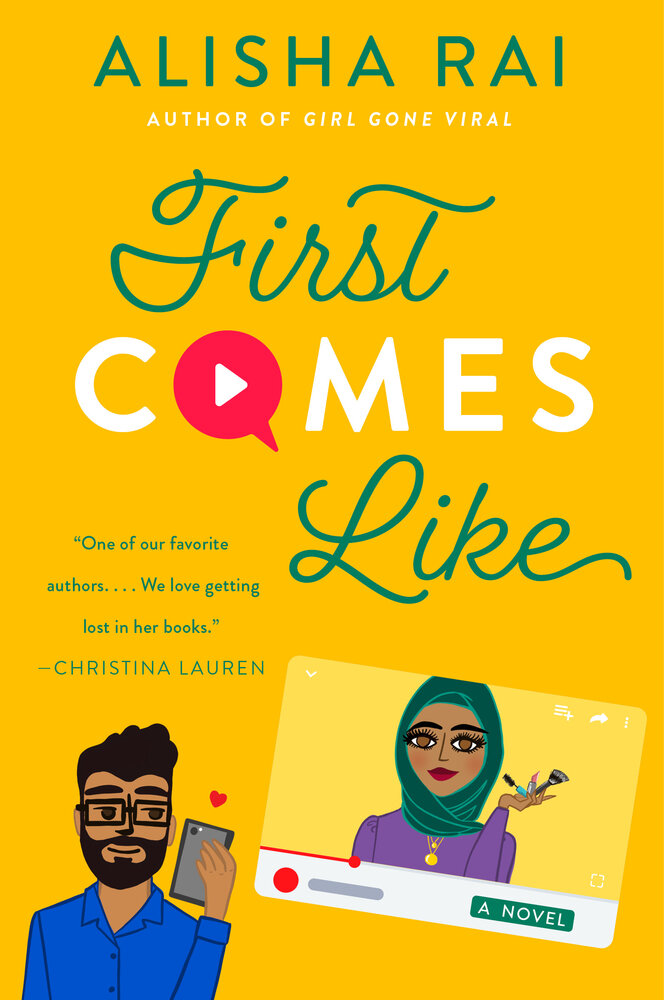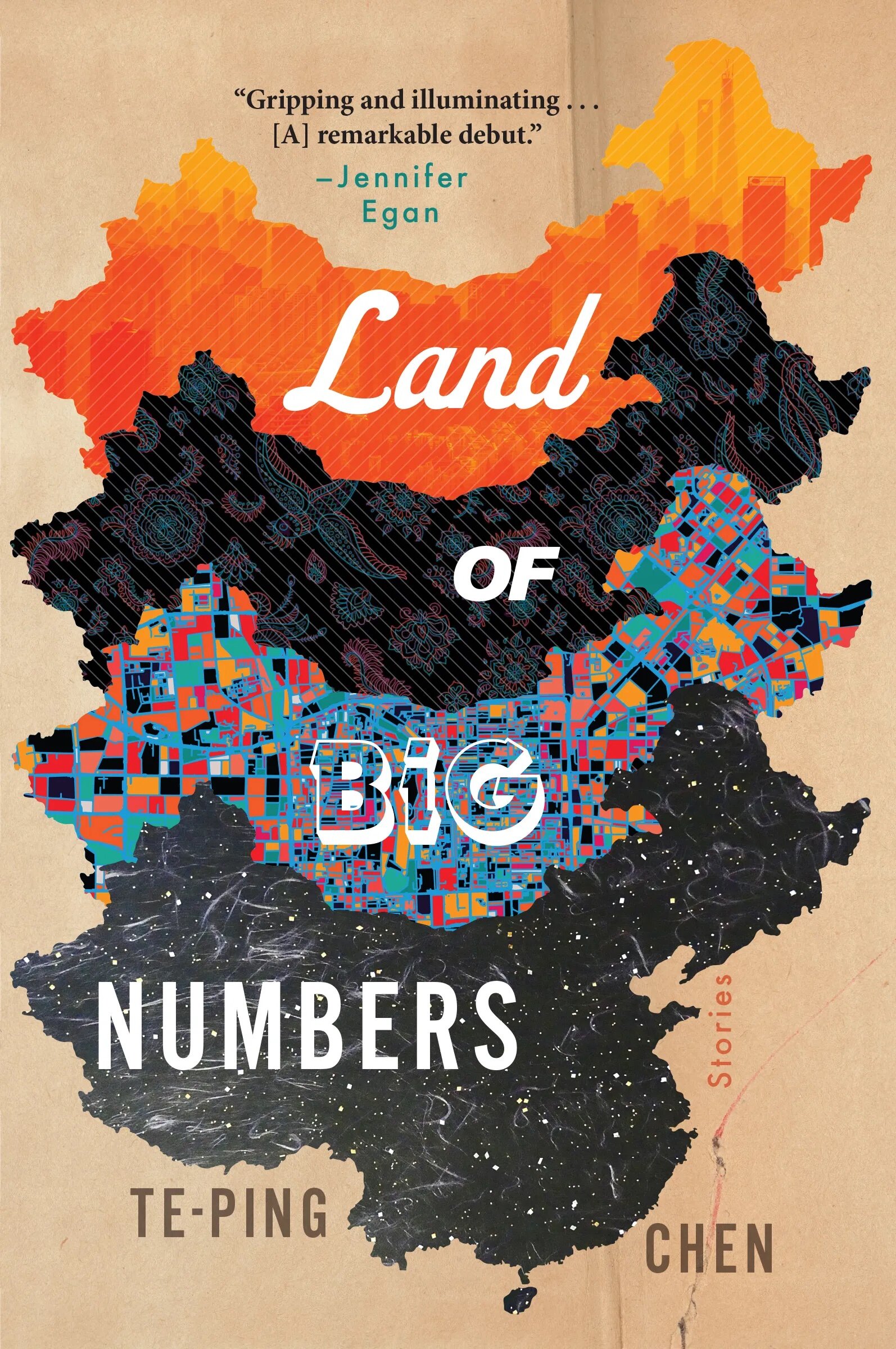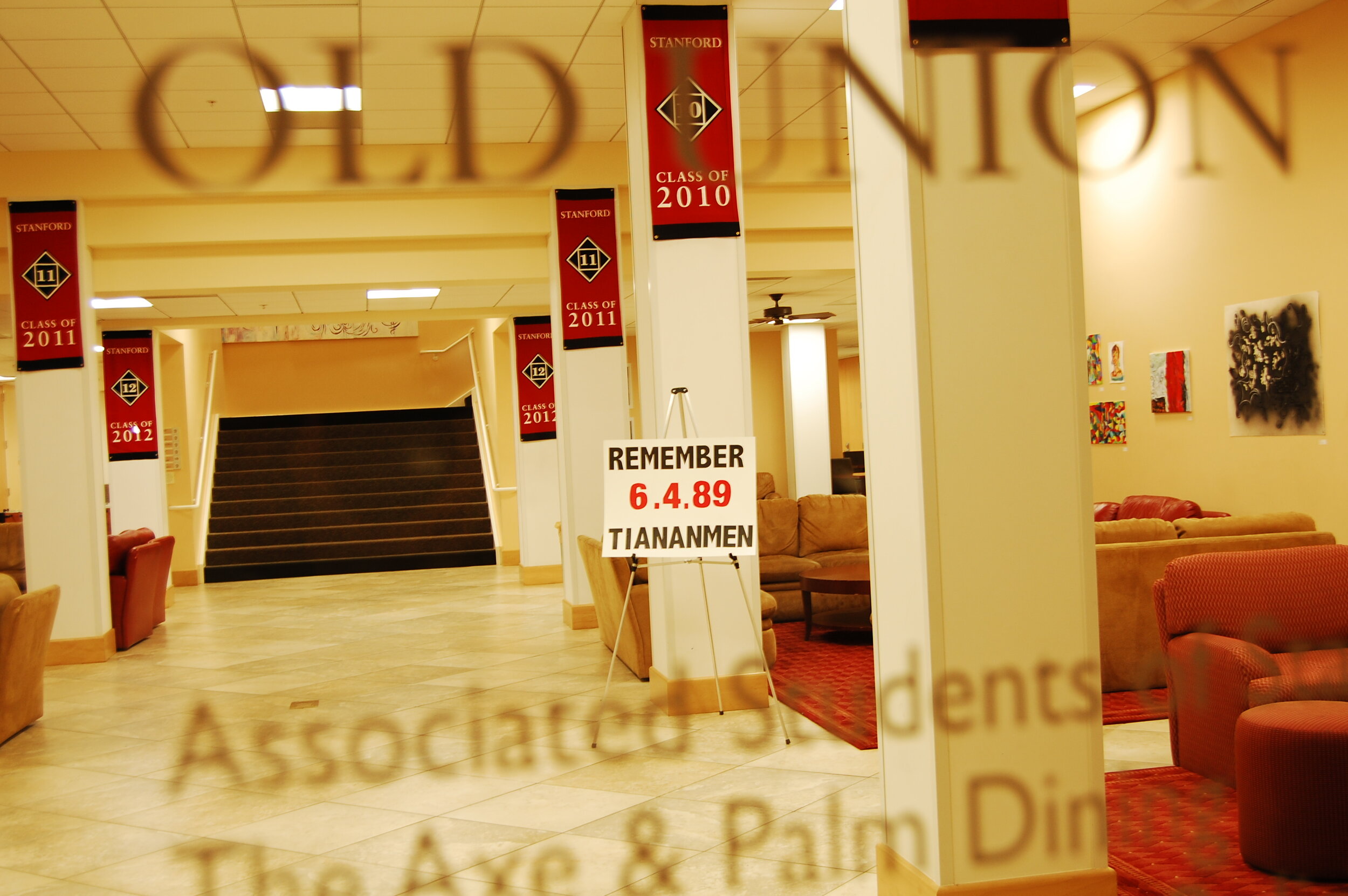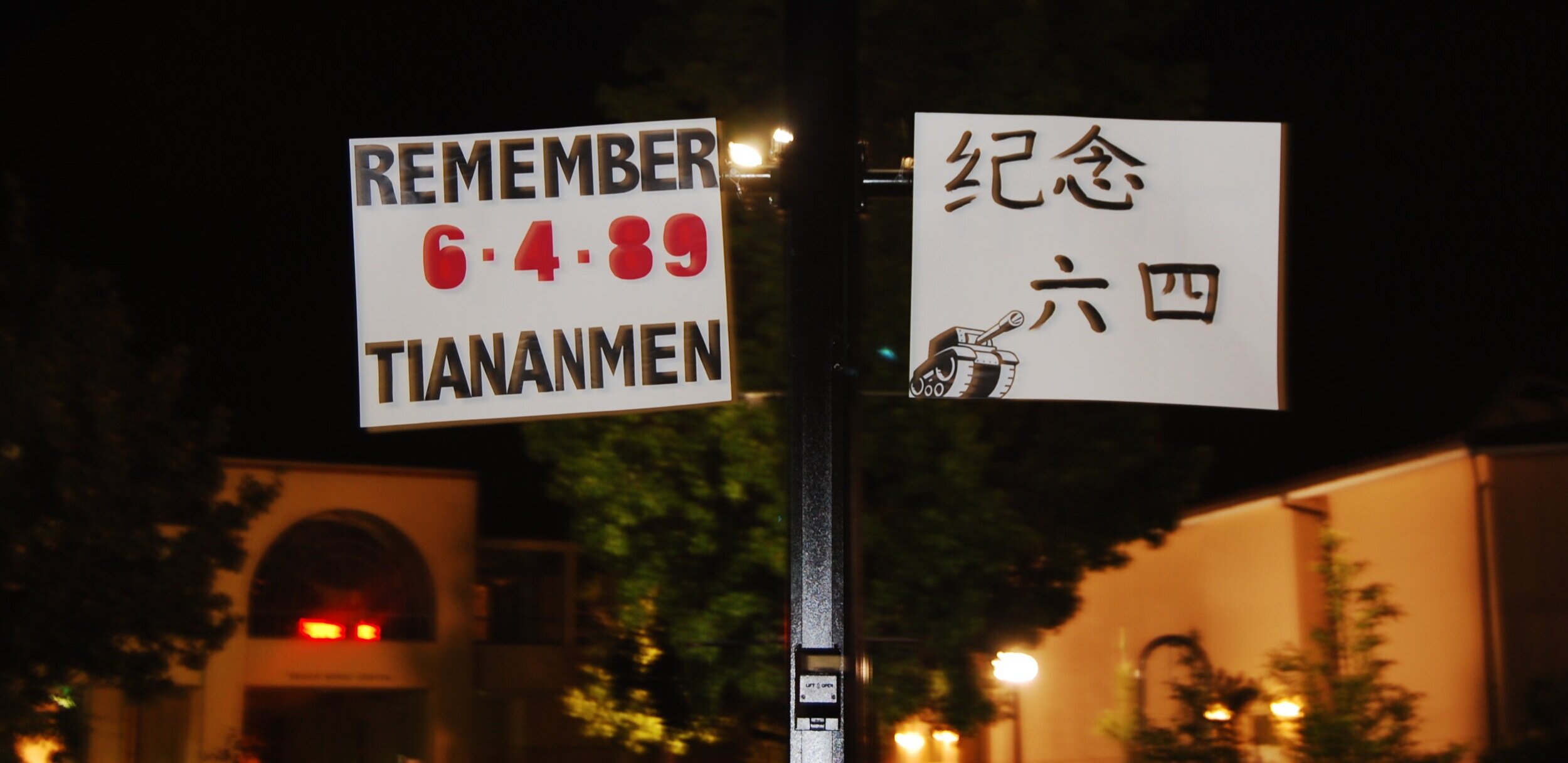Happy Pride Month! As we move into June, here’s our roundup of news from Asian American, Native Hawaiian, and Pacific Islander Heritage Month (May). You’ll find stories about Asian American politicians, astronauts, and authors; practitioners of Polynesian wayfinding; and Asian LGBTQ+ representation in the media.
General News & AANHPI Heritage Month
Ambassador Katherine Tai, the U.S. Trade Representative. Image source: USTR
1. President Biden hosted a celebration of Asian American, Native Hawaiian, and Pacific Islander Heritage Month at the White House, including actor Ke Huy Quan, fresh off winning an Oscar. The Census Bureau also released key statistics about Asian Americans present in the United States in commemoration. Asian Americans representing many “firsts” were feted during the month’s media coverage:
The first Asian American woman to serve as a federal judge (Susan Oki Mollway), the first Asian American trade representative (Katherine Tai), the first California State University trustee (Wenda Fong), and New York City Ballet’s first Asian American female principal dancer (Mira Nadon) and soloist (Georgina Pazcoguin).
U.S. Representative Dalip Singh Saund. Image source: UCSB Library
The late Dalip Singh Saund was the first Indian American (and first person of Asian descent) elected to Congress in 1956, while astronaut Kalpana Chawla was the first Indian American to go to space. Interested readers can follow the history of early Chinese students at the University of Florida, the University of Delaware, or visit an exhibit on South Asians at MIT.
The U.S. Census Bureau also released key statistics about Asian Americans present in the United States in honor of the month.
2. Stop AAPI Hate has tracked nearly 11,500 anti-Asian hate incidents since March 2020, while in a Coqual survey, 63% of Asian and Asian American professionals said this violence had negatively impacted their mental health. Coqual CEO Lanaya Irvin and Manjusha Kulkarni, a Stop AAPI Hate co-founder, wrote a piece on how to respond in the workplace.
Arts, Entertainment & Culture
3. Since it’s Pride Month, here’s a list of TV shows and movies that center the Asian American LGBTQ+ experience from GLAAD. On Netflix’s new reality show The Ultimatum, three queer cast members are of Asian descent: Sam Mark, Aussie Chau and Rae Cheung-Sutton. XO, Kitty, a spin-off of “To All the Boys I’ve Loved Before,” features the youngest Korean American sister confronting cultural differences and exploring diverse romantic relationships with an almost-entirely Asian and Asian American cast.
4. Disney is remaking Lilo and Stitch as a live-action film, expanding Pacific Islander representation, but the studio’s decision to cast lighter-skinned actors has prompted debates about colorism. Sesame Street debuted the first Filipino muppet, TJ, joining the show’s first Asian American muppet, Korean American Ji-Young, who was introduced in 2021. PBS presented seven short films on “Asian American Stories of Resilience and Beyond” (watch online), while an Asian American journalist offered a critical take on the small-screen version of “American-Born Chinese,” an award-winning graphic novel by Gene Luen Yang that has been adapted into a streaming show on Disney+. On the culinary front, eight of twelve James Beard Award winners this year were Asian American.
Political Leadership
5. Neera Tanden, an Indian American, was named as head of the White House Domestic Policy Council. Bangladeshi American Zayn Siddique will be her deputy. The confirmation battle for Julie Su ‘91 to be Secretary of Labor continues.
Books
6. Author Maggie Tokuda-Hall rejected publisher Scholastic’s request to remove the word “racism” from her children’s book about Japanese American internment. Inspired by her grandparents’ experience, Tokuda-Hall portrays two characters who meet in an internment camp during World War II, when the U.S. government wrongfully imprisoned 120,000 Americans of Japanese descent. Though Scholastic later apologized, it speaks to the need for publishing houses like Third State Books, a new outfit that is the first to “focus solely on Asian American and Pacific Islander voices, issues, and stories.”
Asian American Studies (New York, North Carolina, Florida, New Mexico, California, Pennsylvania)
7. Civic groups like Densho aim to connect young Asian Americans with this difficult history, the group’s new director shared. Meanwhile, State Senator John Liu and Assemblywoman Grace Lee introduced legislation calling on New York state’s public elementary and high schools to develop “instruction in the history and civic impact of Asian Americans.” The bill reflects a growing educational movement that has achieved victories in several states, and set its sights on several more, such as North Carolina. Florida recently passed its own Asian American Studies mandate, but AAPI activists have called out Governor DeSantis for simultaneously blocking other DEI education, saying education should not be framed as a “zero-sum game” among minorities.
Engagement with Asian American Studies in higher education continues to rise, including a course offered at the University of New Mexico for a second time, a new “interdisciplinary emphasis in Asian American Studies” available to PhD students across six departments at UC Santa Barbara—spearheaded by the school’s Department of Asian American Studies, and a new Panda Express-funded post-doctoral fellowship at the University of Pennsylvania.
Native Hawaiian/Pacific Islander Cultural Heritage
8. An interview with Native Hawaiian navigator and National Geographic Explorer Lehua Kamalu, who sails the seas without maps or modern instruments to keep Polynesian wayfinding traditions alive. In 2018, she sailed from Hawaii to California on a voyaging canoe! Also, a fascinating look at how Native Hawaiians are preserving hula kahiko (ancient hula) traditions at the Merrie Monarch Festival.
— Prepared by Kevin Fan Hsu and Katie Gee Salisbury. If you are interested in covering AAPI issues with the SAPAAC Advocacy & Education team, please reach out to khsu@alumni.stanford.edu
